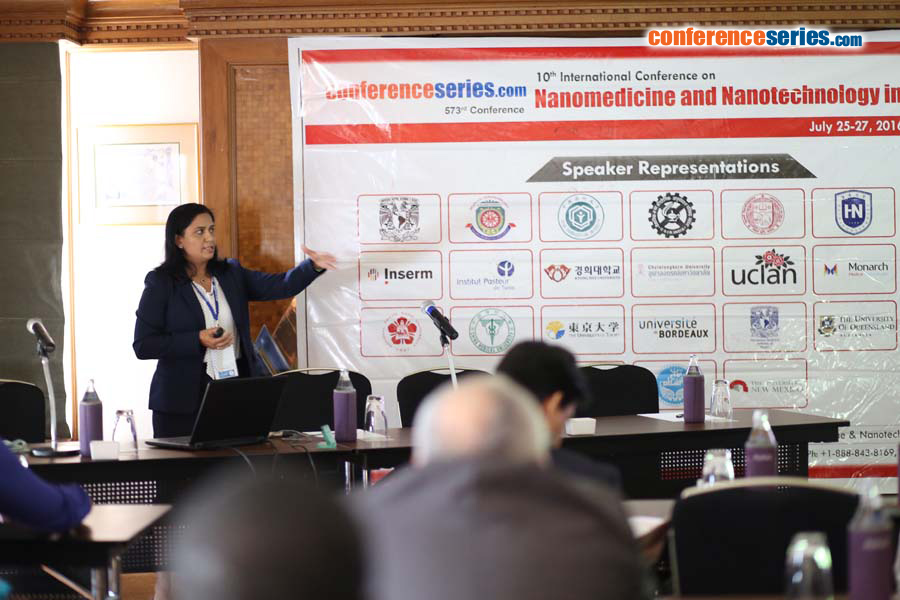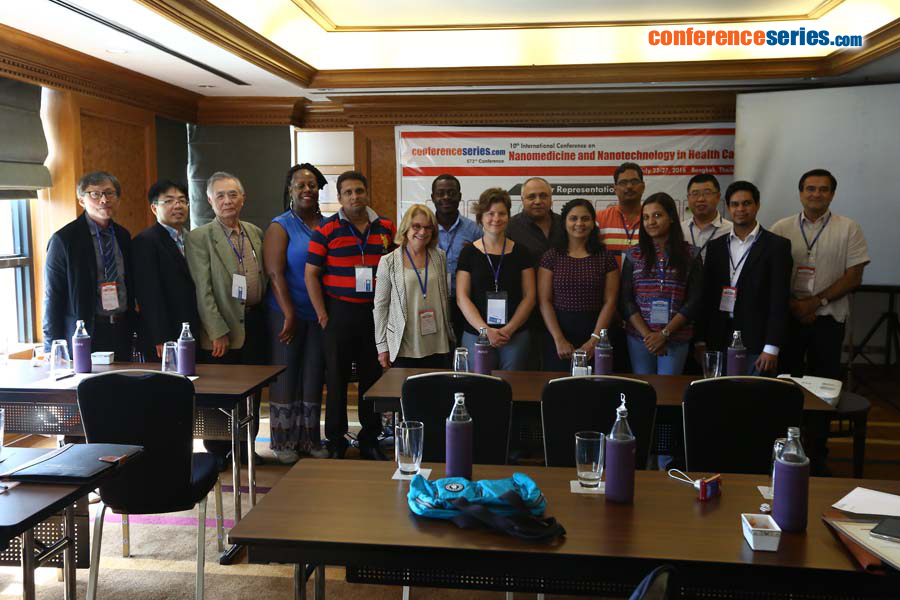
Yogita Patil-Sen
University of Central Lancashire, UK
Title: Superparamagnetic Iron Oxide Nanoparticles for Magnetic Hyperthermia Applications
Biography
Biography: Yogita Patil-Sen
Abstract
Superparamagnetic iron oxide nanoparticles (SPIONs) are of great interest due to their potential applications in hyperthermia cancer therapy and targeted drug delivery. Hyperthermia is considered as a supplementary treatment to the conventional surgery, chemotherapy and radiotherapy, all of which lack specificity and suffer from tremendous side effects. The hyperthermia treatment is based on the fact that SPIONs, when exposed to a varying magnetic field generate heat due to magnetic hysteresis loss. Due to their superparamagnetic nature, when SPIONs are subjected to alternating magnetic field, the particles become powerful heat sources killing cancer cells which are more sensitive to temperatures above 41 °C than the normal cells. The amount of heat generated by SPIONs is strongly dependent upon their magnetic properties, which in turn is determined by their physico-chemical properties i.e. size and shape. Although, typically particles in the size range of 10-20 nm show the best superparamagnetic properties, the major problem associated with such ultra-fine particles is their agglomeration which reduces their dispersibility and hence their intrinsic stability over longer periods of time. Coating SPIONs with biocompatible materials such as lipids, peptides and silica provides a good strategy to protect magnetic nanoparticles. However, coating of SPIONs may alter their magnetic properties significantly which is undesirable for their bioapplications. Therefore, SPIONs should be coated in such a way that coating provides favourable characteristics preserving the desirable properties of SPIONs intact. Our research focuses on synthesis of various types of core-shell type nanoparticles for magnetic hyperthermia cancer therapy and drug delivery applications.



